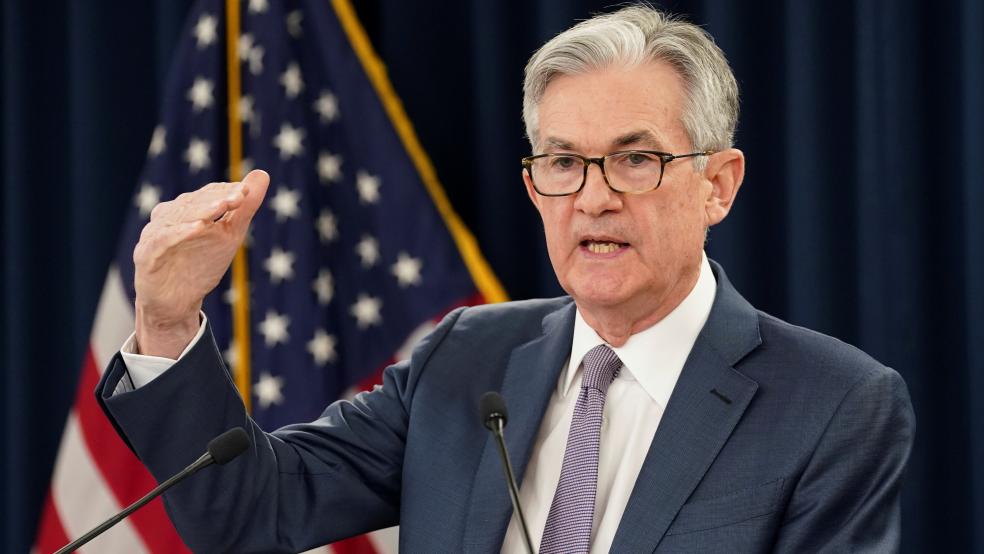Federal Reserve Chairman Jerome Powell indicated Friday that he expects the central bank to start pulling back its emergency support for the economy this year as the recovery from the Covid-19 crisis continues.
In prepared remarks released before a virtual version of the annual gathering of bankers and academics at Jackson Hole, Wyoming, Powell said the economic recovery from the pandemic has been remarkably robust, with employment gains coming faster than expected.
“The outlook for the labor market has brightened considerably in recent months,” he said. “The pace of total hiring is faster than at any time in the recorded data before the pandemic. The levels of job openings and quits are at record highs, and employers report that they cannot fill jobs fast enough to meet returning demand.”
At the same time, however, with 6 million people still out of work compared to pre-pandemic levels, the recovery is far from complete, Powell said, so it is too early to tighten monetary policy by raising interest rates. “Today, with substantial slack remaining in the labor market and the pandemic continuing, such a mistake could be particularly harmful,” he warned.
Since the crisis began, the Fed has been spending as much as $120 billion per month to purchase U.S. government debt and mortgage-backed securities. Fed officials will look for signs of continued improvement in the labor market before “tapering” those purchases, Powell added, paying particular attention to any damage caused by the rapid spread of the delta variant.
Inflation still seen as transitory: Powell stuck with his previously stated view that the increase in prices seen in some sectors of the economy in recent months is temporary.
“The rapid reopening of the economy has brought a sharp run-up in inflation,” he said. “Businesses and consumers widely report upward pressure on prices and wages. Inflation at these levels is, of course, a cause for concern. But that concern is tempered by a number of factors that suggest that these elevated readings are likely to prove temporary.”
Powell cited several factors he says bolder his view that inflation is transitory, including an easing of pricing pressure on a handful of key commodities such as used cars; the lack of evidence for the formation of a “wage-price spiral” throughout the economy; and the continued presence of long-term deflationary trends that have pushed prices lower over the last few decades.
“To sum up, the baseline outlook is for continued progress toward maximum employment, with inflation returning to levels consistent with our goal of inflation averaging 2 percent over time,” Powell said.
Still, not all economists are so sure that inflation will ease so rapidly or completely.
CNBC’s Jeff Cox reports that some officials at the Fed are more worried than their chairman about the severity of the current burst of inflation. Ahead of Powell’s appearance at the Jackson Hole conference, Philadelphia Fed President Patrick Harker told Cox that, “There’s also some evidence that they may not be so transitory, and that’s a risk I’m worried about.”



